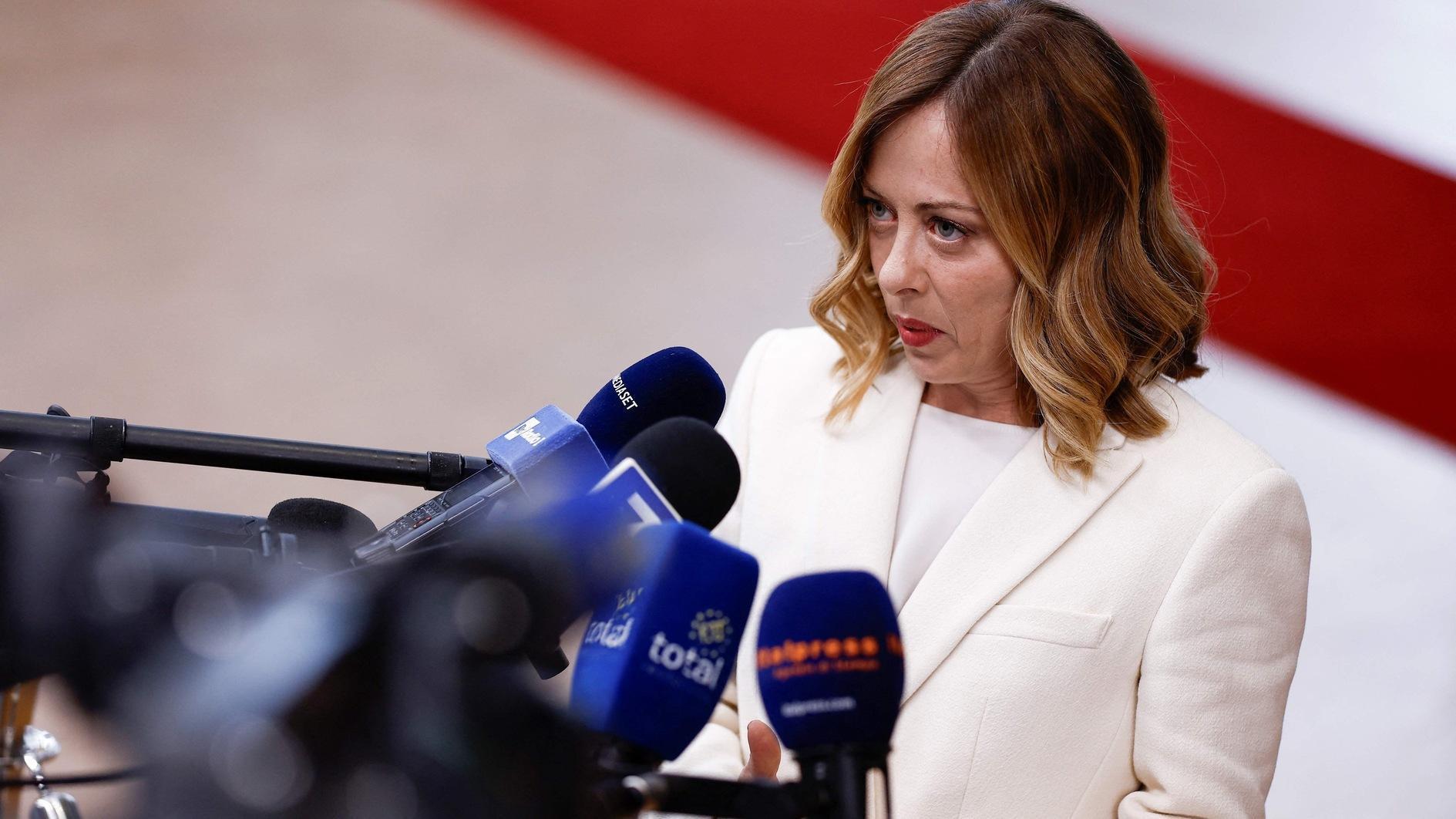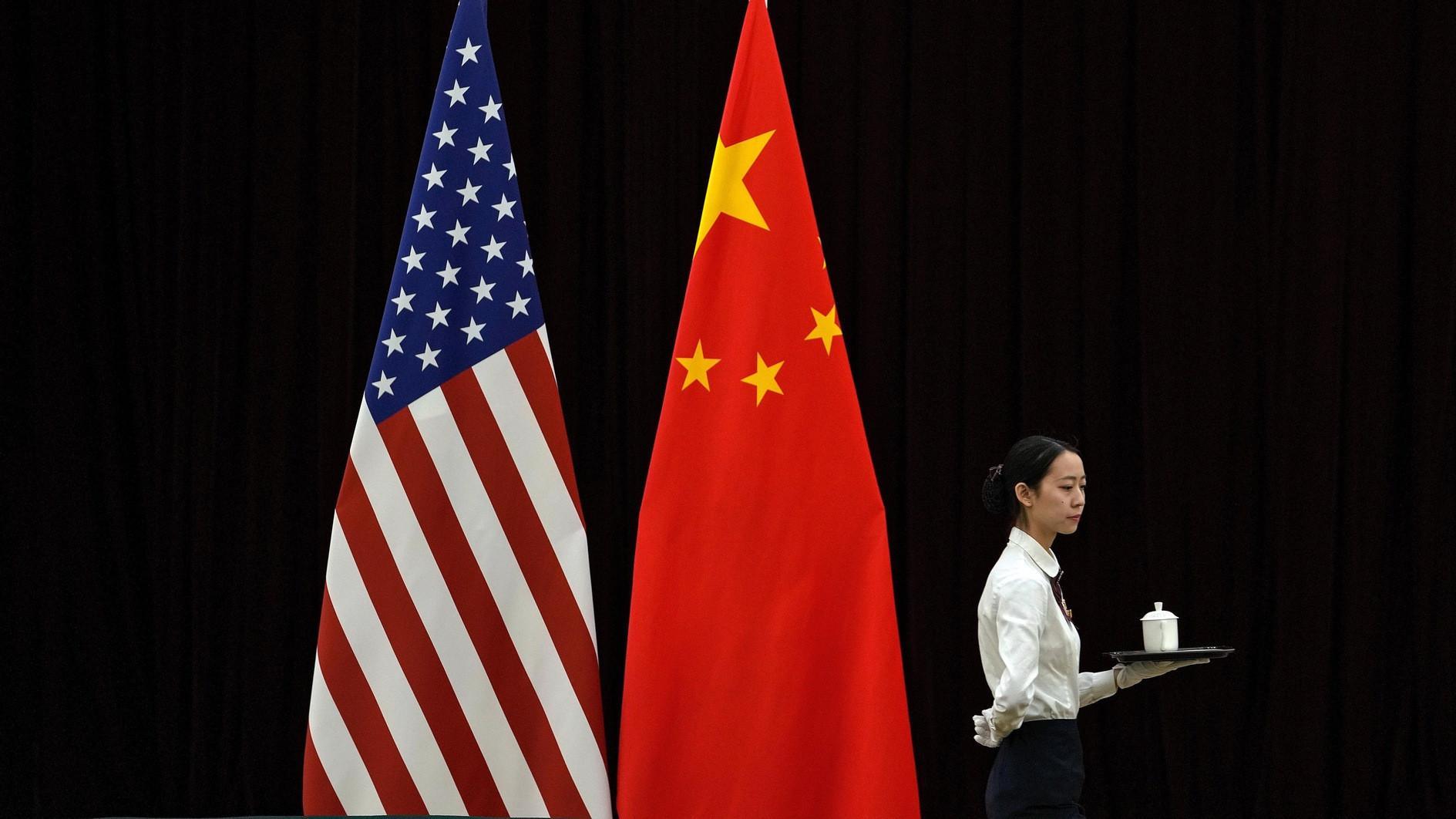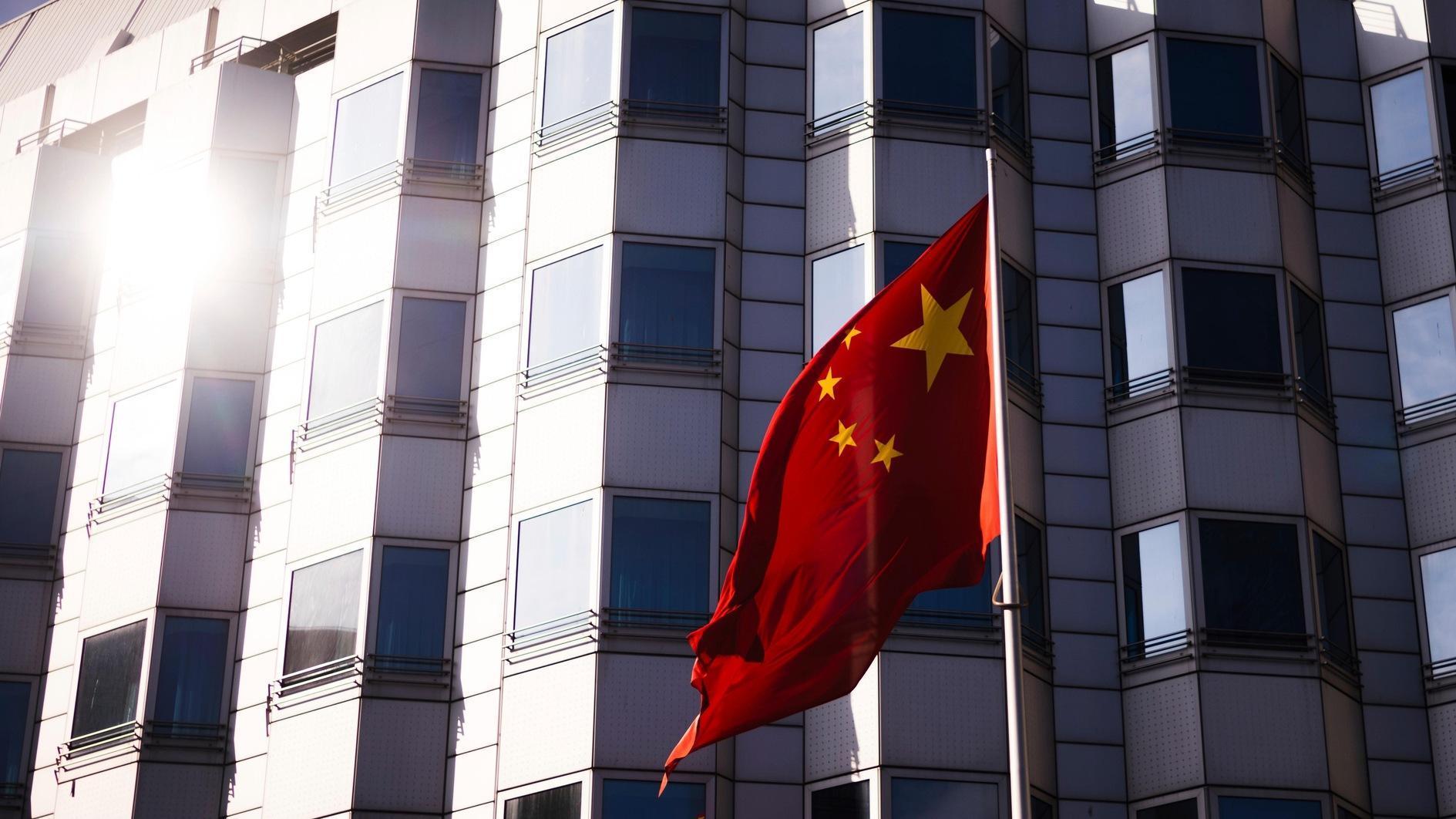Yes to more bridges, no to less freedoms
The groundbreaking ceremony for the third suspension bridge connecting the European and Asian banks of the Bosporus was held in Istanbul on May 29, at which all the major powers of Ankara were present.
Prime Minister Tayyip Erdoğan based his speech on a hadith - or “deed” by the Prophet Muhammad, - and in Arabic, praising the future commander who would conquer Constantinople. It was no coincidence that the ceremony was held on the 560th anniversary of the Turkish conquest of the city by the Ottoman Sultan Mehmet II, or “Fatih,” the conqueror.
Fatih’s name was given to the second bridge by the late President Turgut Özal. President Abdullah Gül yesterday named the third bridge after Selim I, or “Yavuz” (the tough) Sultan Selim. He is well known in Turkish history for his victory over the 1514 victory over the Iranian Shah İsmail, which pushed back the Persian advance toward the West and also suppressed the Alevi population in Anatolia that sympathized with the Shah.
Enough history. When finished, the Yavuz Sultan Selim (YSS) Bridge is going to be the widest suspension bridge in the world, and also the longest suspension bridge with a railroad system. The $3 billion project is being carried out by a Turkish construction company, ICTAS, in cooperation with Italian Astaldi and South Korean Hyundai. It will be allocated to heavy transportation traffic connecting European markets with the Middle East and Caucasus, hopefully to decrease the pressure on the traffic of the 14 million-person metropolis. The bridge and the connected highway will pass tangentially to a new, 100 million passenger per year airport, which will be constructed north of the European side of Istanbul by 2017. Its tender was concluded for 22 billion euros in April, marking the most expensive project in Turkish history.
Erdoğan is also preparing to open the “Marmaray” tube project to connect both sides of the Bosphorus, underneath the Marmara Sea, with a high-speed train railway system. The opening will take place on Oct. 29, the 90th anniversary of the founding of the Turkish Republic. It is being carried out by Turkish companies, NUROL and GAMA, with technical assistance from Japanese firm Taisei. In addition, in the past two years, Turkey has concluded two big energy tenders of nearly $20 billion each; the first nuclear plant with Russian company Rosatomexport and the second with Japanese Mitsubishi.
Big projects indeed. Turkey has seen a similar leap forward in infrastructure in its recent history; one could mention the reigns of Ottoman sultans Fatih II, Süleyman the Magnificent, Mahmud II, and Abdülhamid II, Atatürk during the establishment years of the Republic, Menderes during late-1950s, and Özal in the mid-1980s. In parallel with the tendencies in world history, big infrastructure projects in Turkey were possible when opposing voices were less heard or tried to be silenced, whether by brutal force or by legal, financial, or other means of intimidation and deterrence.
As the YSS bridge ceremony was going on, protestors in Taksim, at the heart of Istanbul, were entering their second day of occupying the square. They were protesting to resist a government project to demolish the only remaining park in the district for the reconstruction of a historical building, with rumors suggesting that it may be turned into a shopping mall. They were countered by police with tear gas.
The government bill to restrict the use and sale of alcoholic drinks is waiting to be approved by the president. This bill is based on World Health Organization and EU norms, but also goes beyond them. The main opposition CHP is criticizing the government for trying to demonize the use alcohol, which is banned in Islam, and for trying to open doors to illegal production and use. In a Tuesday speech in Parliament, Erdoğan questioned whether the law of God would not be treated as more credible than the “law made by two drunks.” This led to another debate being started among the opposition, which is asking who exactly Erdoğan meant, and whether he was referring to Atatürk, who is known to have enjoyed drinking alcohol.
Meanwhile, the opposition presented a draft bill to Parliament on the same day to decrease the 10 percent election threshold to 3 percent, in order to provide fairer representation as the country approaches the 2015 elections. The decrease of the threshold, which had been imposed by the 1982 Constitution written after the 1980 military coup with the justification of “political stability,” was actually something promised by the ruling AK Parti as well. It is also demanded by the Kurdish problem-focused Peace and Democracy Party (BDP), as a part of Erdoğan’s initiative to find a peaceful solution to the Kurdish issue. However, the CHP bill was rejected outright by AK Parti votes.
Turkey needs more bridges, more highways, railways, energy plants, and more infrastructure, in order to keep up its growth and close the gap that was widened over decades of political instability. On the other hand, it needs more freedoms to have this development, with wider democratic rights and opposing voices being heard freely. That is nowadays called real development with a human dimension.











